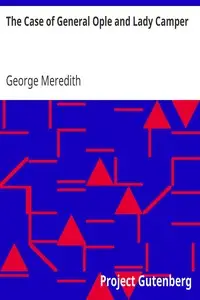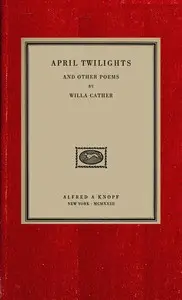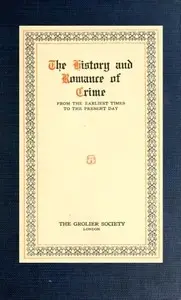"The Case of General Ople and Lady Camper" by George Meredith is a novel written in the late 19th century. The story follows General Ople, a retired officer who seeks to establish a comfortable life after his military career. His life becomes complicated with the arrival of Lady Camper, an eccentric neighbor whose past and opinions challenge the General's modest ambition and social standing. At the start of the narrative, General Ople embarks on an excursion to evaluate potential homes for himself and his daughter, Elizabeth. As he finds a bijou estate near London, he expresses excitement and idealism about their new life. However, his enthusiasm is soon tempered by the enigmatic presence of Lady Camper, who has a reputation for being both intriguing and aloof. The opening chapters establish the General's character as an amiable yet somewhat naïve man, while also hinting at the complexities that arise from his interactions with Lady Camper and the expectations he harbors for his daughter’s future. Their developing relationship promises to explore themes of social class, the dynamics of attraction, and the contrasts between youth and age. (This is an automatically generated summary.)

The Case of General Ople and Lady Camper
By George Meredith
"The Case of General Ople and Lady Camper" by George Meredith is a novel written in the late 19th century. The story follows General Ople, a retired o...
George Meredith was an English novelist and poet of the Victorian era. At first, his focus was poetry, influenced by John Keats among others, but Meredith gradually established a reputation as a novelist. The Ordeal of Richard Feverel (1859) briefly scandalised Victorian literary circles. Of his later novels, the most enduring is The Egoist (1879), though in his lifetime his greatest success was Diana of the Crossways (1885). His novels were innovative in their attention to characters' psychology, and also portrayed social change. His style, in both poetry and prose, was noted for its syntactic complexity; Oscar Wilde likened it to "chaos illumined by brilliant flashes of lightning". Meredith was an encourager of other novelists, as well as an influence on them; among those to benefit were Robert Louis Stevenson and George Gissing. Meredith was nominated for the Nobel Prize in Literature seven times.












